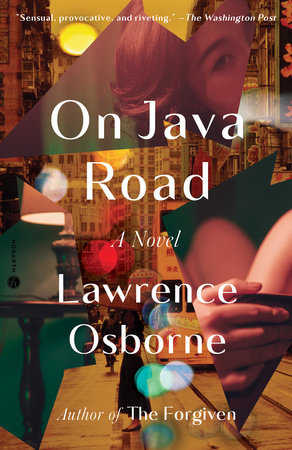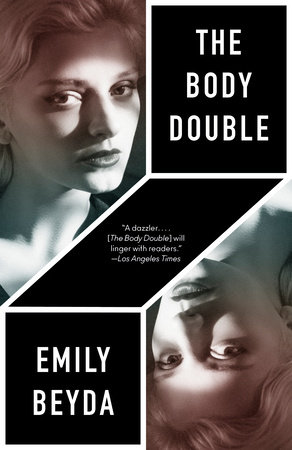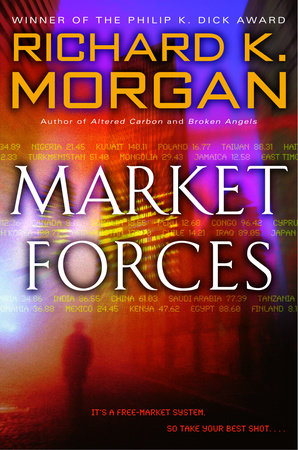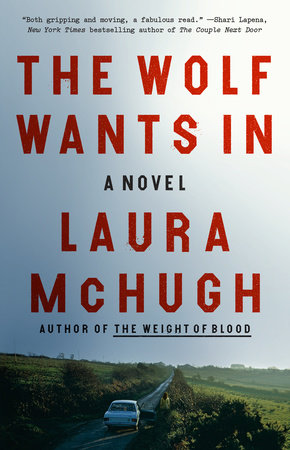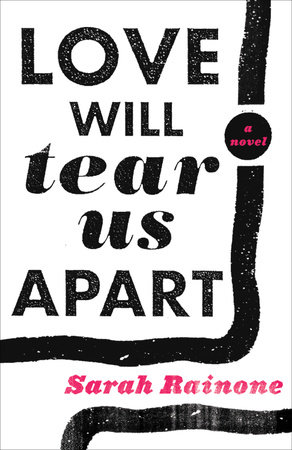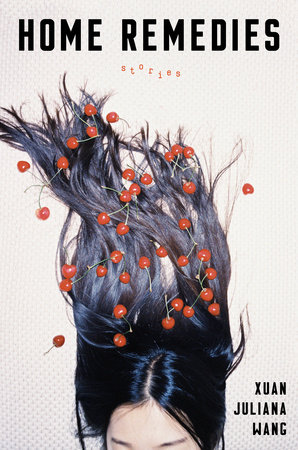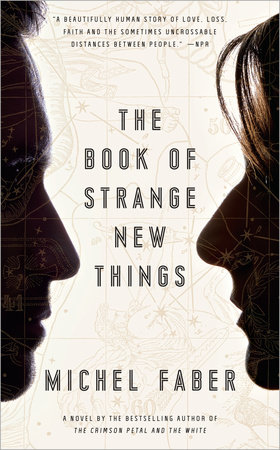A Q&A with Jim Shepard
Author of PHASE SIX
Of your previous book, the story collection, The World to Come, Kirkus in a starred review described you as: “A writer who defies categorization…a stylist whose fictional expansiveness underscores his singularity.” The subjects of your novels and short stories are so incredibly diverse and literally all over the map – from the Arctic to Chernobyl, from the Hindenburg to the 19th-century frontier, and from the French Revolution to the Warsaw Ghetto… Where do you first get your inspiration from?
One of the upsides of being a hopeless nerd is that you’re always reading in weird and arcane areas, and one of the upsides of that is you’re often coming across startling or cool and mind-boggling stuff about the world. So it turns out that my endless reading not only operates in the service of doing all I can to turn myself into a more interesting person; it also periodically generates the urge in me to write about some of what I’ve come across: usually when I’ve found myself, voluntarily or involuntarily, imagining what a human being in one of these positions would have to deal with.
And for this novel, Phase Six, what in particular first led you to write a story about a climate-based pandemic that starts in Greenland? And how long had you been thinking of writing it?
Four years ago I was startled by a story out of Siberia of a 12 year-old boy killed by anthrax, with 20 others infected. The Russians were panicked — anthrax hadn’t been seen there in over 75 years — and investigators were stunned to discover that long-dormant spores of the bacteria frozen in a reindeer carcass had rejuvenated themselves to infect the boy. I knew that the permafrost bordering the Arctic Ocean had for 35,000 years been stable but with the Arctic now warming three times faster than the rest of the globe, all of that biological material full of pathogens was re-emerging. And both Russia and Greenland had announced extensive plans to mine all across their northern extremities, meaning millions of tons excavated and mountains of pathogens thawing alongside new mining communities, involving miners from all over the world who periodically flew home. This seemed to me, in terms of disaster, a matter of when and not if, and so I thought: well, since I was
going to be obsessively learning about all of this anyway, maybe I should write about it.
Also, as you began this before our current pandemic, how strange was it for you when things started to happen in 2020?!
The experience of watching a matrix of catastrophe unfold right after you’ve worked as comprehensively as you could to try to imagine it has a surreal edge to it, like an echo of deja vu, leavened with a superstitious sense on the one hand that maybe your imagination should have left well enough alone, and a chastened sense on the other that Cassandras are a dime a dozen, and by definition ignored. But even so, the entire project of literature may be about trying to prevent ourselves from repeating our mistakes.
You often include an impressive list of source material for your fiction. How long did your research take and did you scare yourself reading books like Contagion and Chaos: Disease, Ecology, and National Security in the Era of Globalization and “The Zombie Diseases of Climate Change”? Is there something about taking lots of factual information and turning it into a story a way of understanding it for you?
The research took about three years. And the whole thing began because I found what I was sure was headed our way to be so scary. And I think there is something about turning all of that hard information into a story that helps me understand it; especially the more difficult microbiological concepts. There I had help from real microbiologists and epidemiologists, and I still felt like the slow kid in class.
You write about Greenland so vividly: did you travel there for the book?
I did go there: to both the tiny settlement of Ilimanaq, and the ‘big town’ of Ilulissat. And though I’d read a lot about Greenland before I went, there were so many amazing and characterizing aspects of the place that I couldn’t have gotten out of books.
Your story begins with eleven-year-old Aleq, as he becomes one of the few survivors of the initial outbreak in his settlement. Following him, as he starts to discover the devastation, was reminiscent of the scary world your 8-year-old protagonist has to survive on his own in the Warsaw Ghetto, in The Book of Aron. Is there something about conveying a harrowing story through the eyes of a child that you are drawn to examining up close?
There is. The child’s radical vulnerability, for one. That difficulty that children have in articulating the sophistication of their perceptions, for another: a difficulty with which most writers can sympathize.
Two heros who make it so suspenseful are the American female scientists from the Epidemic Intelligence Service dispatched from the CDC. Jeannine and Danice are racing against the clock to find the source and the antidote to the deadly contagion. Did you need to learn a lot about their kind of science to write about it?
Oh, God, did I. That was easily the most challenging and intimidating part of the research.
How scared should we be of thawing permafrost?
The thawing permafrost is a disaster in multiple ways. Besides the pathogens that I talked about above, most people have also already heard about the amount of methane trapped in the permafrost. My sense is that the feedback loops resulting from the release of that methane are going to be even worse than predicted, as nearly all of the feedback loops we’ve begun to experience so far have been. Scientists tend to estimate conservatively, and we also tend to overlook other elements that also feed into those loops.
One of the themes of the novel is how humans, in plundering the environment, are doing much more damage than they may even realize, upsetting the balance in an irreversible way. Is this an important part of the story for you?
It really is. I also think that literature operates on Aristotle’s old dictum that flaws in character produce flaws in behavior for which the characters must take responsibility. And our interventions into the environment move events like pandemics out of realms like Well, it’s fate, or Well, it’s just bad luck, and more firmly into the realm of We are bringing this on ourselves.
For the movie made of your short story, The World to Come in 2020 about two married frontiers women who fall in love, though it’s set in 19th-century America, it was actually filmed in Romania! You co-wrote the screenplay but also got to go to the filming there: what was that experience like?
It was a treat to go to Romania — I’d always wanted to see the Carpathians — and to hear that actors and filmmakers I so admired were impressed with my screenplay, and to hear those same actors interpreting my words. It’s also been fun — especially for my kids — to see the movie come out. (Though they were very disappointed that they didn’t get to walk the red carpets at Venice and Sundance.) But it’s also, I’m very aware, not my movie, so there’s a detachment from the whole process as well that’s probably healthy.
You are a beloved writer, but you’re also a beloved Professor of Creative Writing and of Film at Williams College—with many former students as ardent fans. Do you find much crossover between teaching those two subjects? And can you teach and do your own writing at the same time?
Beloved! How sweet are you? Yes, there’s plenty of crossover, partially because at Williams besides my fiction workshops I get to decide what courses I want to teach, and I make sure they align with my writing projects. For instance, a few years ago I taught a seminar called Catastrophe/Apocalypse: The Movie. Even so, during most teaching semesters, I’m not getting all that much writing done. A lot of reading and research, though.
What’s next?
I just finished a story about the 1935 Labor Day hurricane, one of the most devastating in America’s history, that’s coming out on Audible this summer. And I’ve started a new story on a subject so lunatic, even for me, that I can’t quite believe I’m writing it, and I’d better not articulate any further what I’m doing, or I’ll scare myself off.






